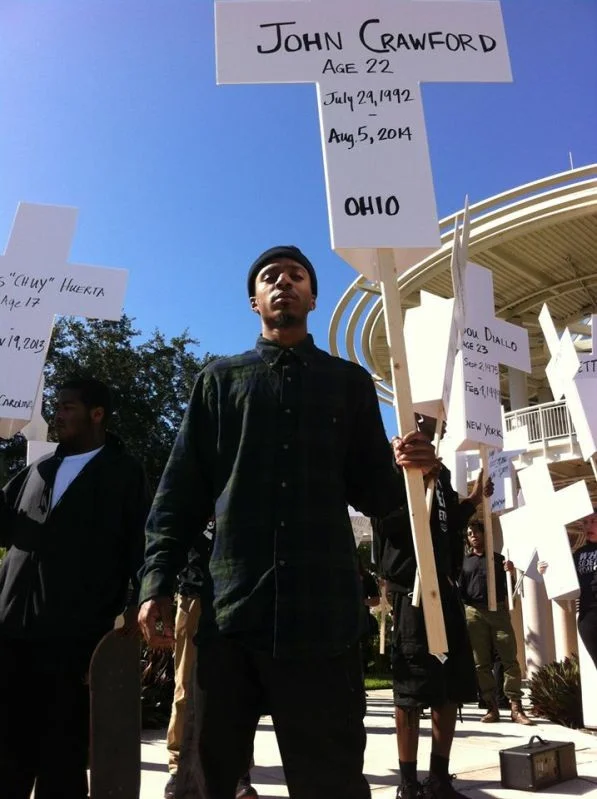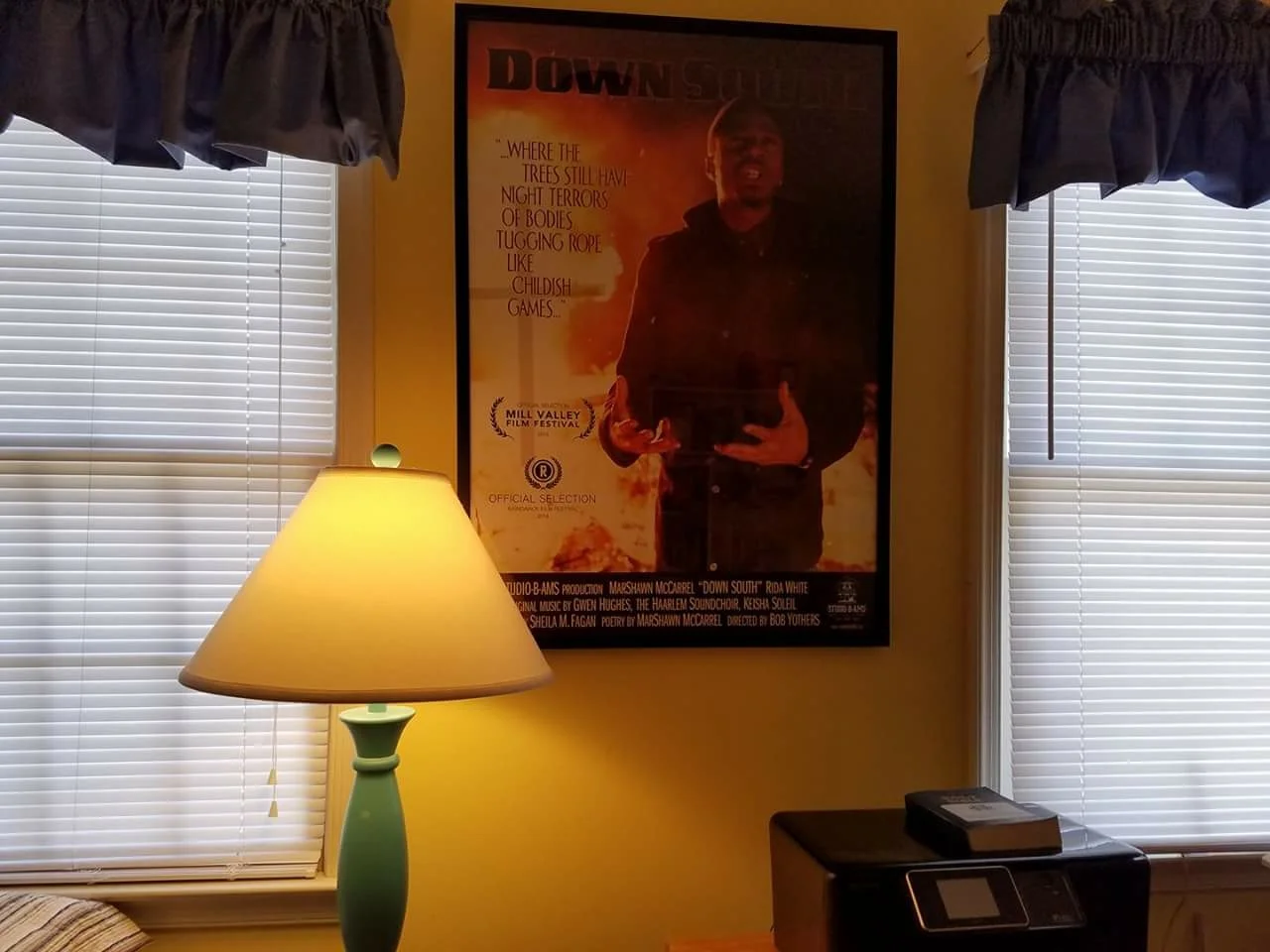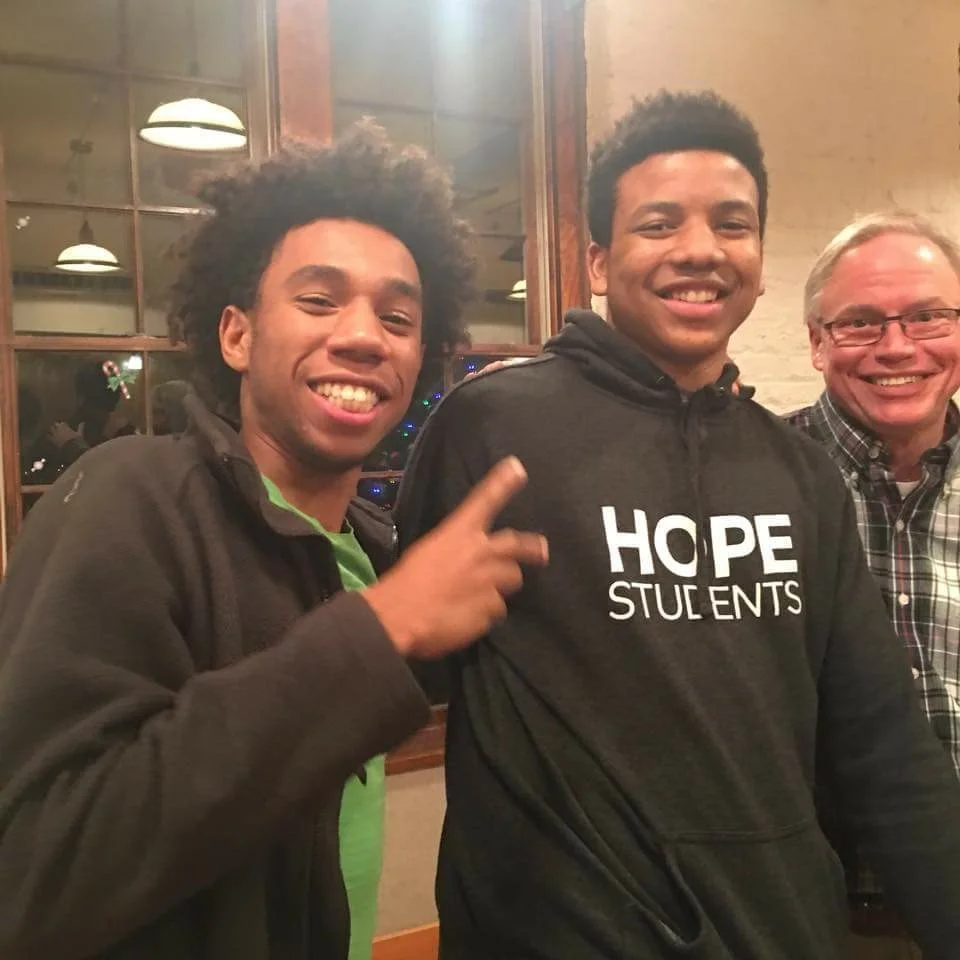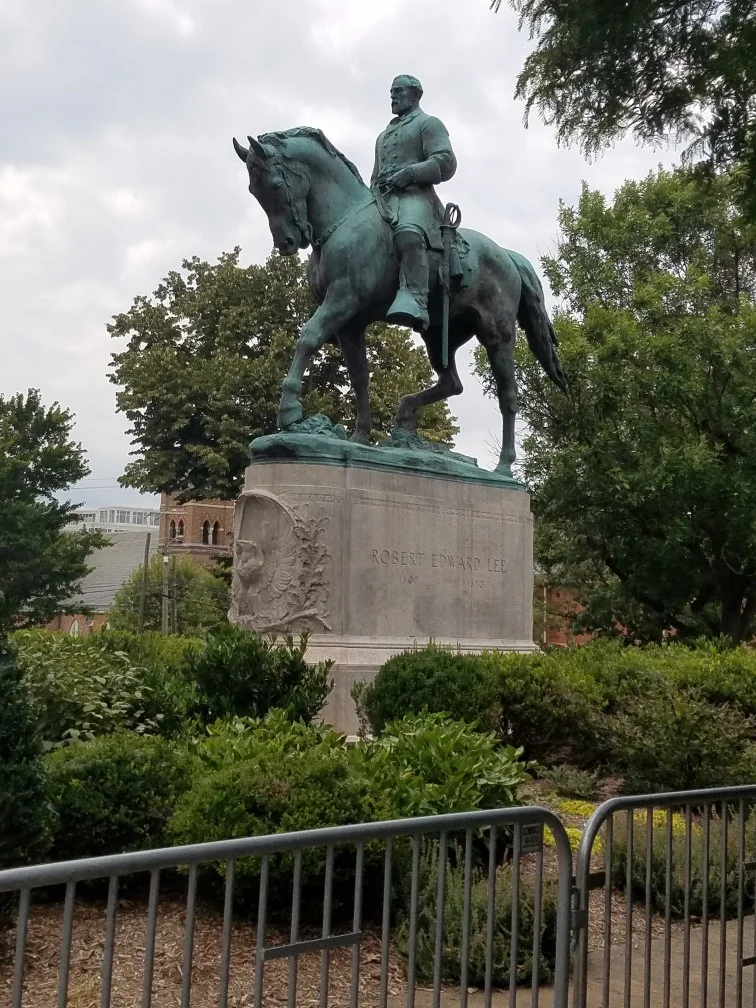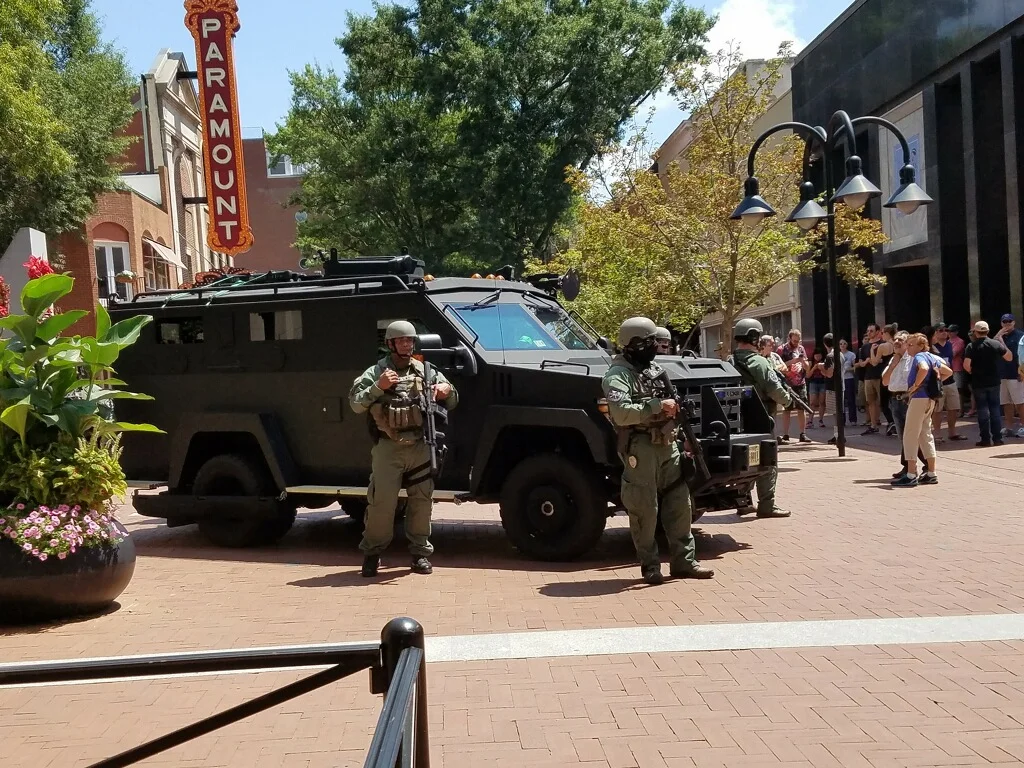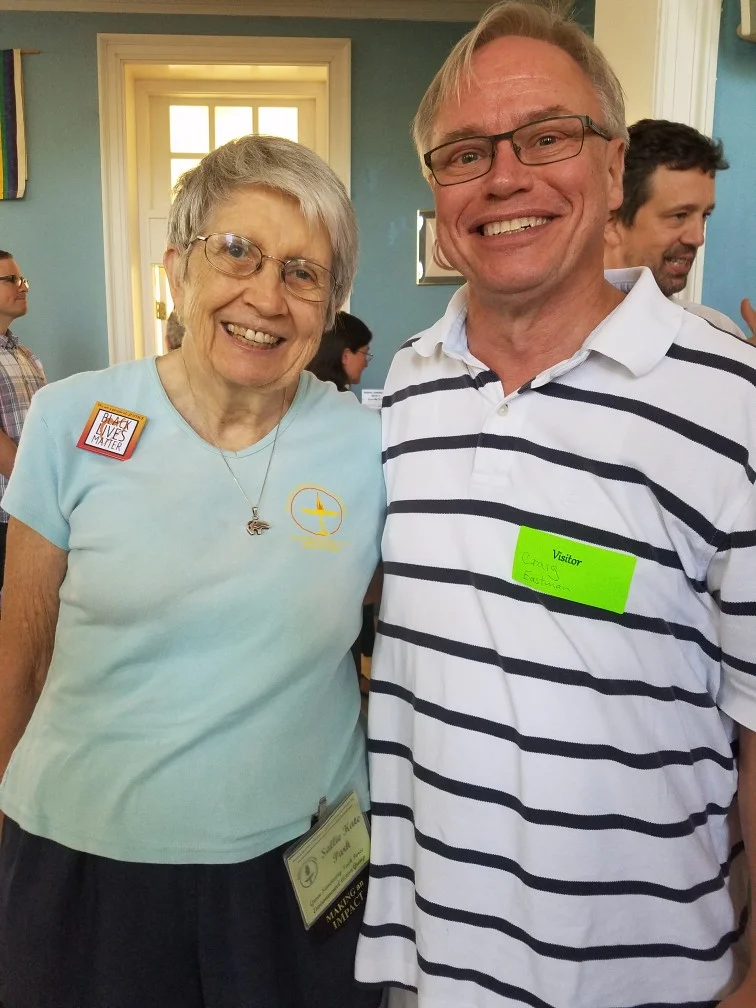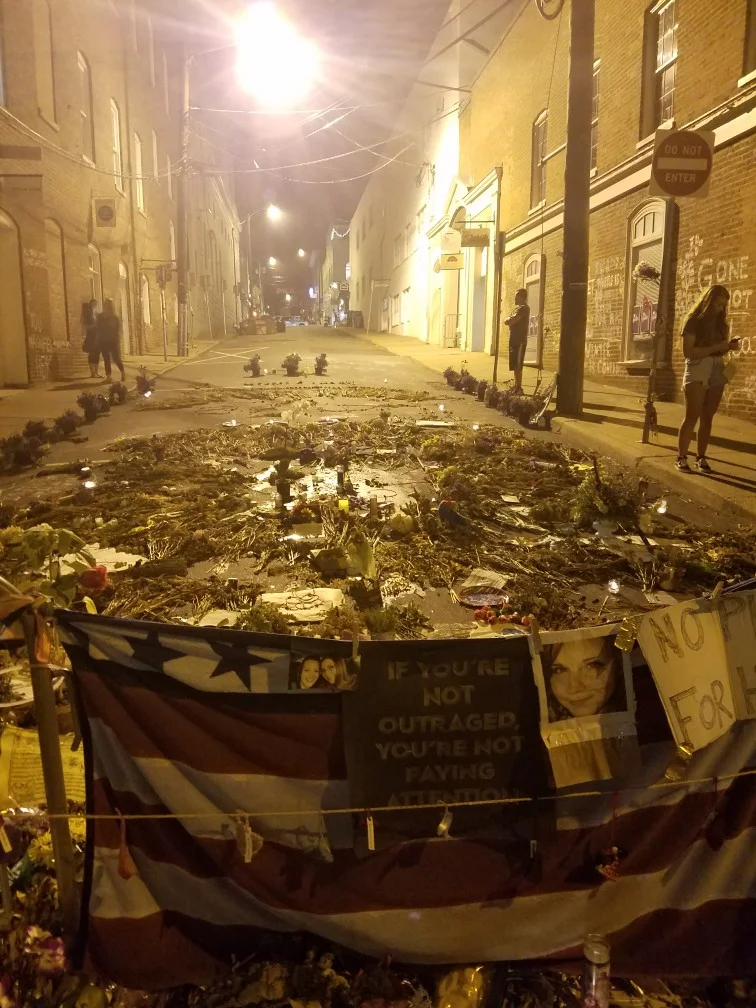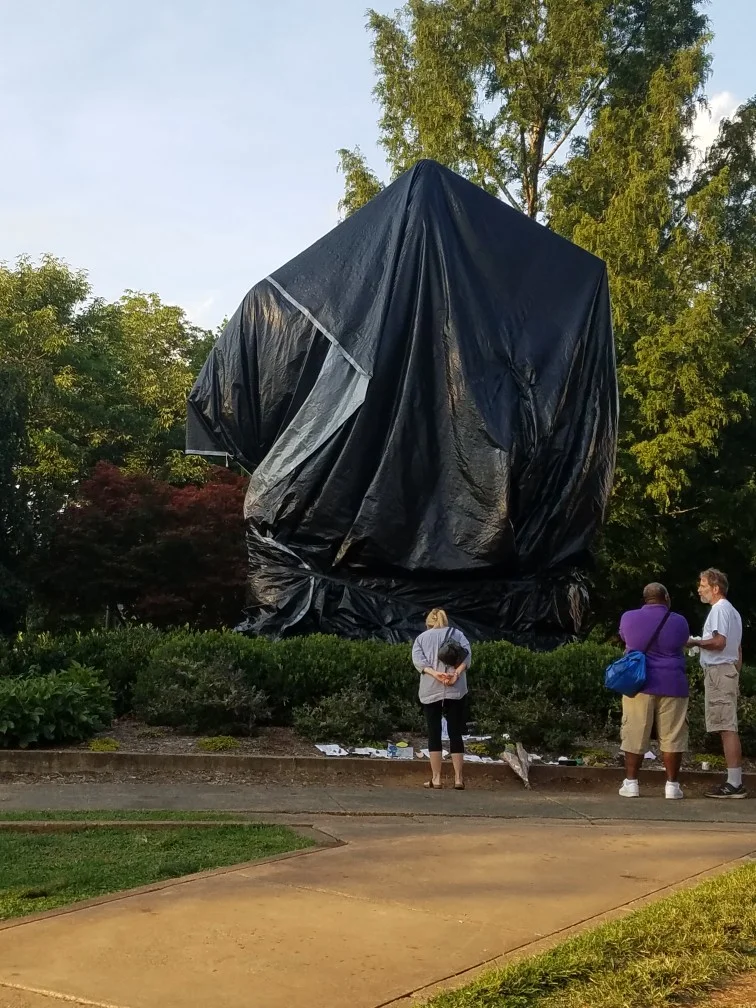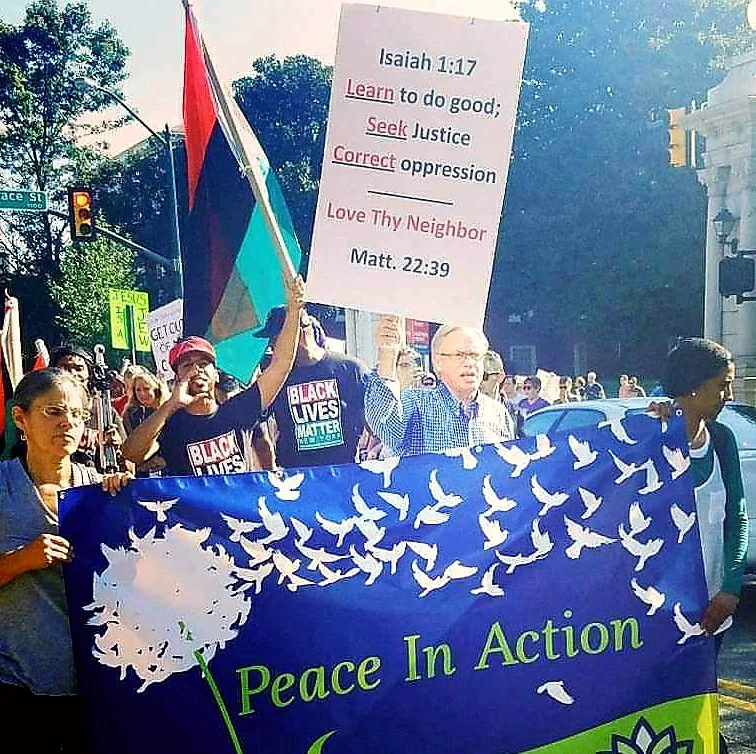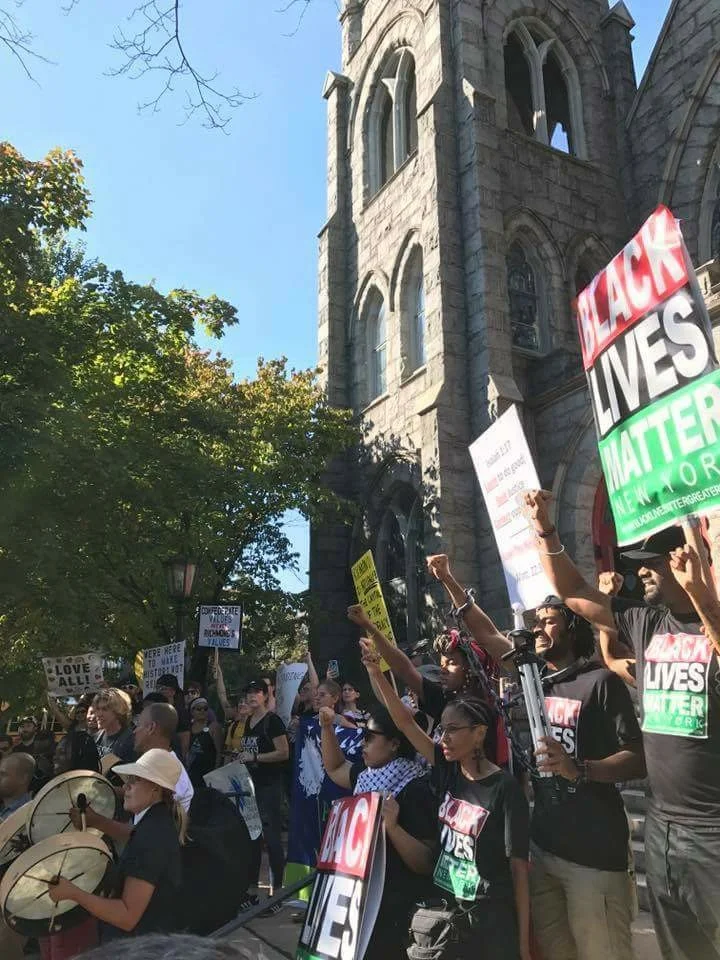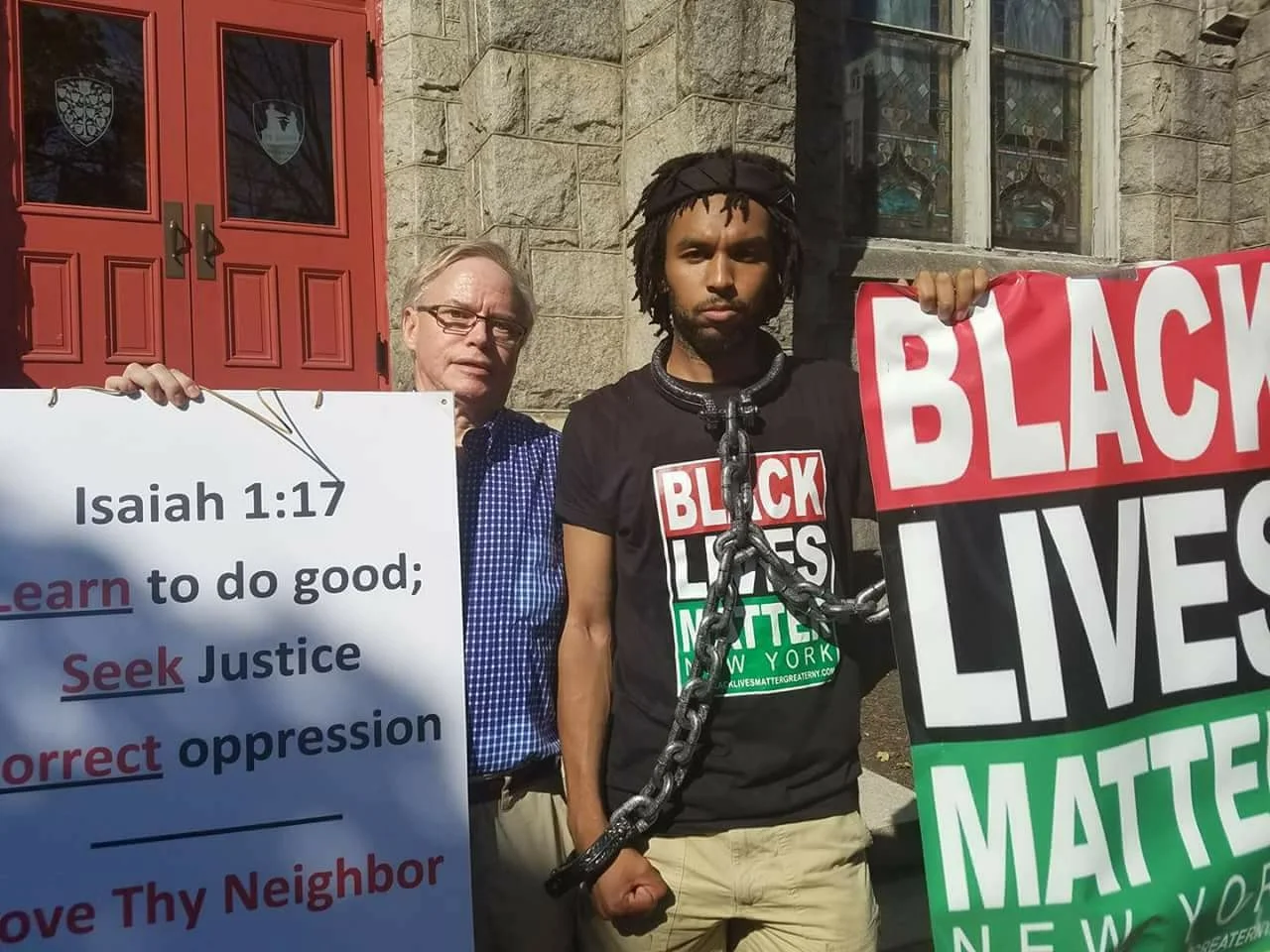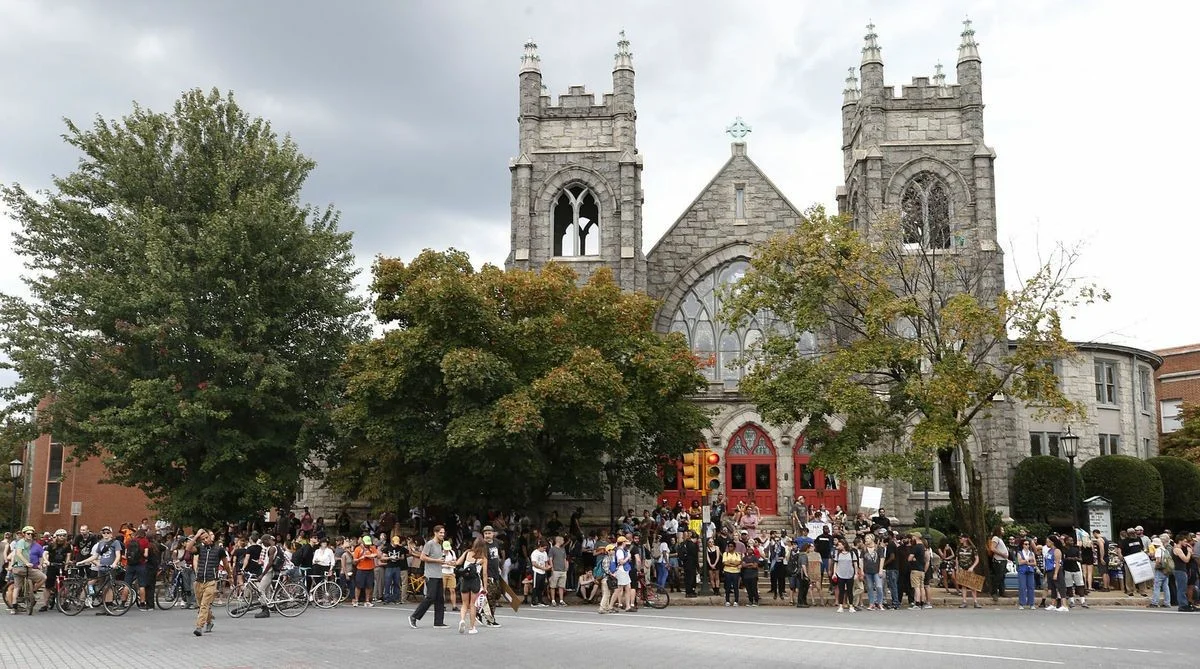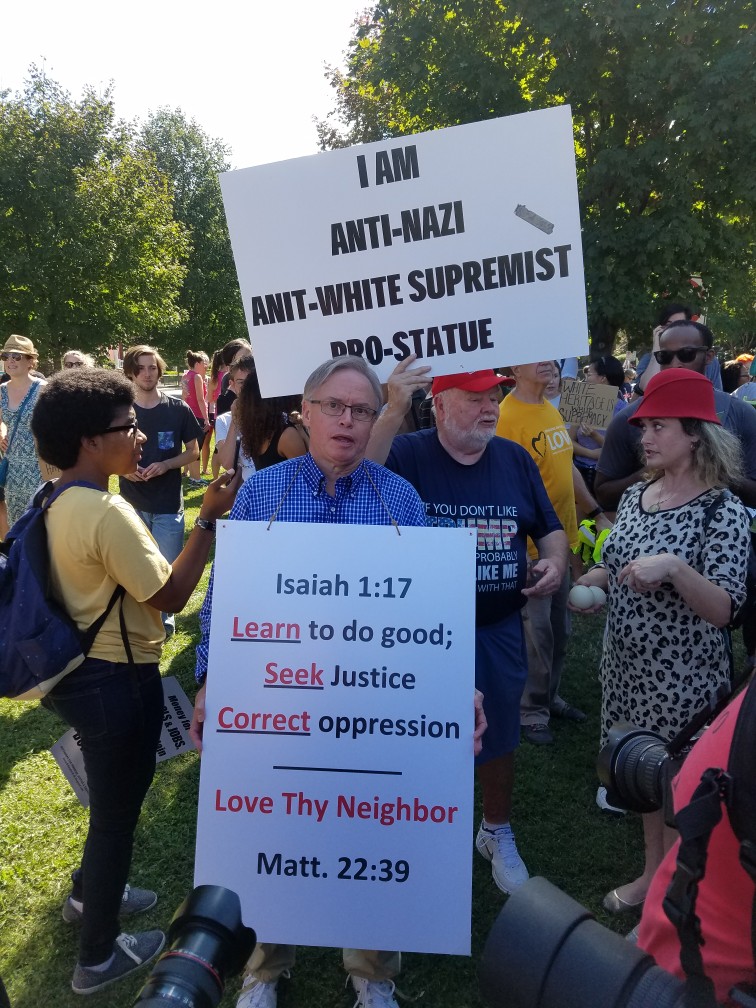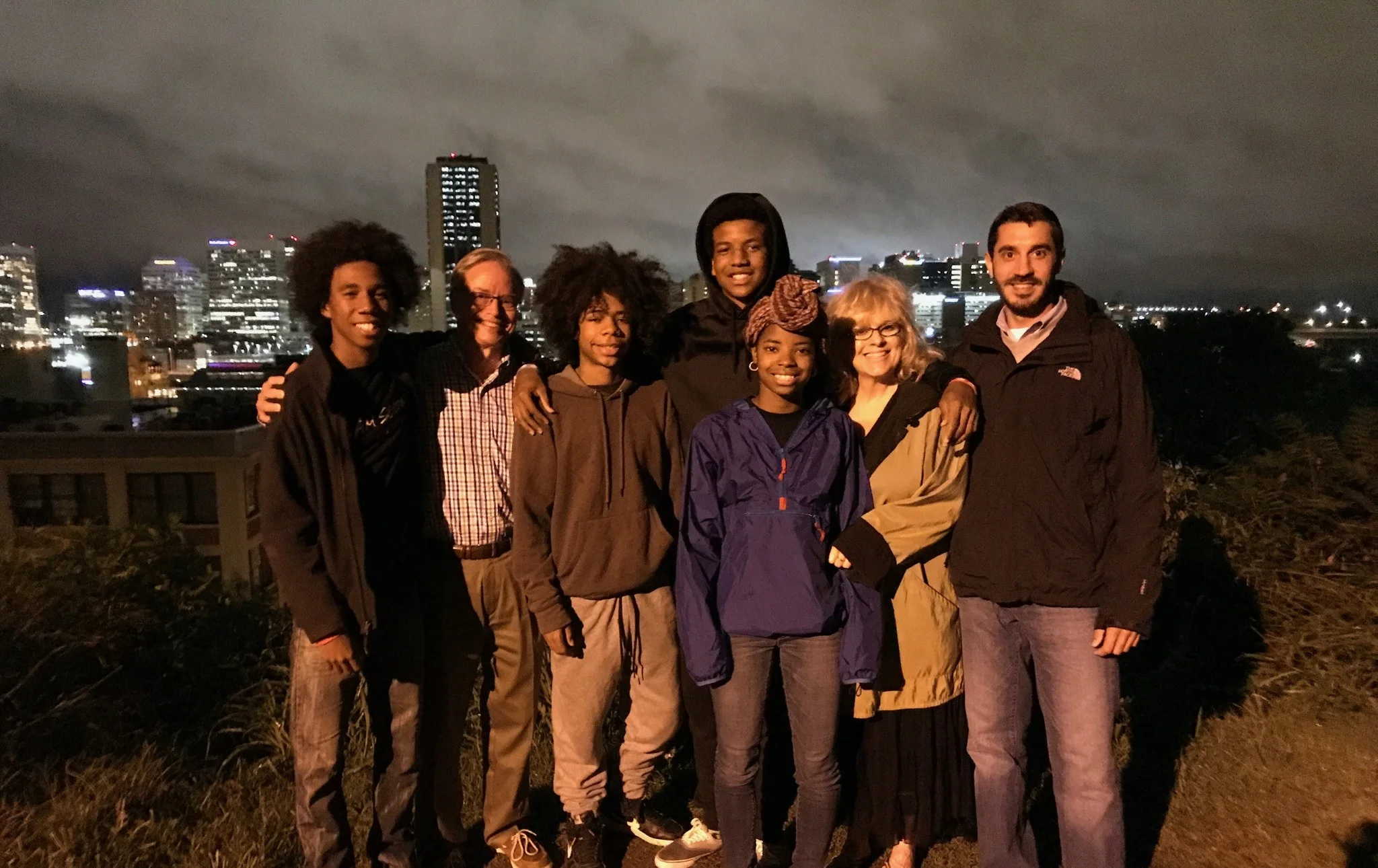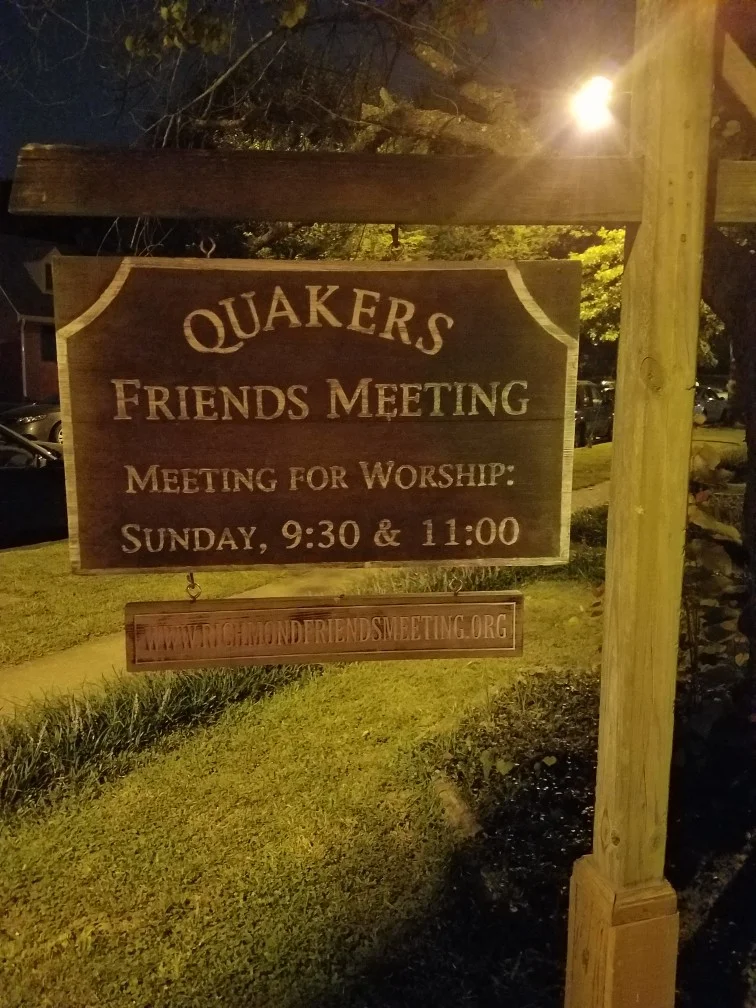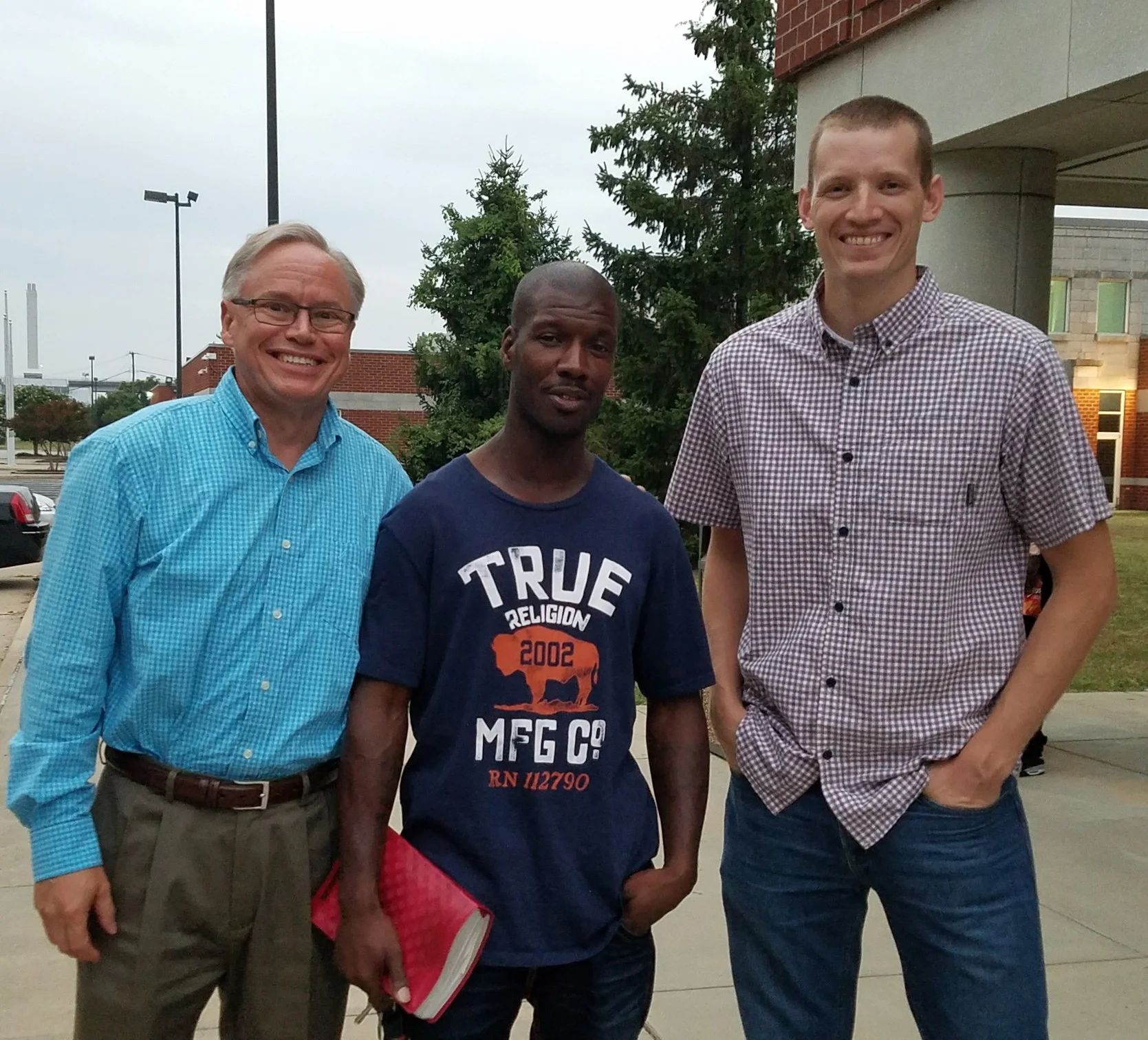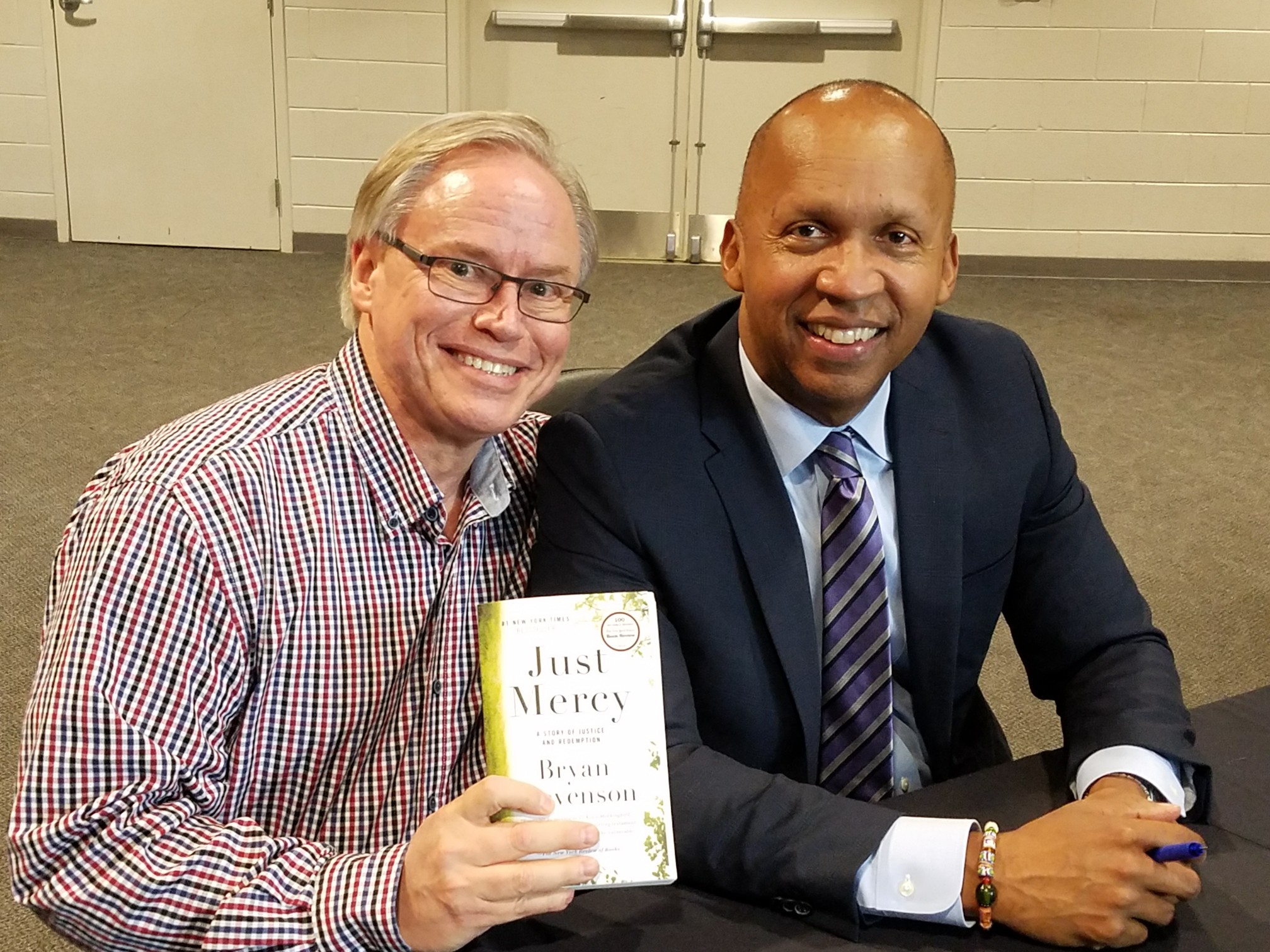Who is Craig Eastman?
Craig Eastman was born in Marshalltown, Iowa in 1955, and moved with his family to Harrisonville, Missouri (a small, primarily white suburb forty miles south of Kansas City) in 1961, where his parents raised him and his two brothers. He is a middle-class, genetically white, cisgender heterosexual male with Irish, English and Scandinavian ancestry. He has historically and most recently voted for Democrats and is a follower of Christ who, like Craig, disdains religious and racial bigotry and oppression of marginalized people groups in all their forms. Craig graduated from Harrisonville High School in 1973 at age 18, and although his family was relatively poor, he became the first in his family to attend college, enrolling in the University of Kansas in Lawrence, Kansas. In 1975 he transferred to the University of Texas at Austin, from which he graduated in 1977 with a bachelor’s degree in business administration with an accounting major. Craig was married in 1988 in Boulder, Colorado, to Mary Lynn Eastman (née Bench), and moved with her to Chicago in 1989 and then to Richmond, Virginia, in 1995. Craig worked as a Certified Public Accountant and auditor for 35 years in two big-four public accounting firms, as a partner in his own firm, and in the not-for-profit and governmental accounting sectors before taking early retirement in 2012 to enter into full-time ministry as a correctional chaplain. In 1988 at the age of 33, Craig asked Christ to be his Lord and Savior, and subsequent to the dissolution of the Soviet Union in 1991, he left Coopers & Lybrand in Denver to become the accounting director of the Slavic Gospel Association (SGA) in Wheaton, IL, desiring to use his vocational skills to assist SGA in expanding its fifty-five year old ministries to the newly liberated Russian Church. After moving to Richmond in 1995, four years later, Craig began his ministry as an active volunteer in regional juvenile detention centers and jails. To enable him to gain entry into youth prisons so he could follow his kids “upstate,” his church (Grove Avenue Baptist - a cooperating church with the Southern Baptist Convention) licensed him to the gospel ministry in 2002, and in 2013 they fully ordained him as a minister of the Gospel when he founded Cross and Bars ministries to provide chaplaincy services in juvenile detention centers and regional jails in Virginia. Craig has a deep empathy for and love of the Black and Latinx communities, and as an ally of those communities, he works in Richmond’s sprawling public housing complexes and broader impoverished communities to help alleviate the impacts of systemically-induced poverty and mitigate their relative lack of privilege by providing human services to families and youth whenever he has opportunity. In addition to his community work and serving as the volunteer chaplain at the City of Richmond Juvenile Detention Center, Craig also tries to help create a better world for his kids to live in by advocating for racial and economic justice, for dismantling the New Jim Crow and for the elimination or reform of our country’s 44,000 “Collateral Consequences of Conviction” laws (a.k.a. “Second Prison” laws). In addition, Craig tries to help the conservative white “evangelical” Church at large to connect its misguided and unbiblical voting block behavior to the existing systemic oppression of minorities and the poor, and it is for this reason he became involved in the Facing Whiteness project.
Excerpt from interview with Craig Eastman by Whitney Dow, 2017
Q: Can you tell me a little about your own church, where you pray, what’s it like? Is it a diverse church? Is it a monolithic church? What does the congregation look like?
Eastman: [20:30:39:12] Yes, I’ll be happy to. I don’t want to mention their name, because I don’t want to—I just don’t want to do that. But I go to a very large southern Baptist church that is very well-known not only in Richmond, but nationally, as well. It’s primarily white. We do have a number of black members in the church. Sometimes they sing in the choir and that kind of thing, we’ve had a black head of the deacon body a few years back. So, we do have some racial mix in the church, but it’s primarily white. And the interesting thing is that, if you would judge it based on my Facebook posts, back about four years ago, when I became awakened, and Treyvon Martin was killed and that sort of thing, and I started putting out social justice posts, particularly racial justice posts, on my Facebook page. And most of my Facebook friends were church members, at that point in time. And I would get the most racist comments and memes put in my Facebook threads. And typically, what I would do is I’d take a news story, and then I would go out and find a scholarly study, like a study from Harvard or Princeton, you know, one of the respected schools, and I would attach a copy of that study, and then I would put in a Bible verse or two, and just a little, brief comment. And I would get the most racist comments on my threads from people who are Sunday School teachers, one member was on the pulpit committee.
I experienced that, the fact that the people in the pews, honestly, they hate minorities, and honestly, they hate the poor. In the United States of America, I think that if you look at a number of different polls, you’ll find out that the conservative white evangelicals like to blame the poor for their own condition that they’re in. They like to shame the poor, they like to say, “Okay, you’re poor because maybe you’re lazy, or you have some other moral failing, and that has impacted your life.” Not, “You’re poor because of mass incarceration, and we’ve put two-thirds of your black men in jail, and then once they get out of jail, we have 44,000 Second Prison Laws in this country that keep poor, black high school graduates in the lower quartile of our income in this country.” That kind of stuff goes right over their heads. And they believe what they hear on Fox News, which, of course, is coming from a political direction.
Q: Were you getting those comments from your church members, the church that you belong to?
Eastman: [20:33:54:30] Yes, yes. Not only the church I belong to here, but also in Pittsburgh [Pennsylvania]. My father-in-law lives in Pittsburg, he belongs to a very conservative, independent Baptist church, and the people there that are on my Facebook friends, they would put racist comments as well, on my Facebook posts. And it’s not limited to Baptists, by any means, so I don’t mean to bash Baptists and let everybody else off the hook. [Laughs] But you know, there are certain denominations, primarily white denominations that have a very robust social justice and racial justice ministry. I think of the UU [Unitarian Universalism] Church, and the United Churches of Christ, and there are some others. So, there are some church denominations that do a great job in racial justice. And then there are others where it just goes right over the tops of their heads.
Q: So, would you say that your congregation is not making—are you an outlier in your congregation, or are you someone who’s a leader in a particular thing, or is your church engaged in deconstructing white supremacy?
Eastman: [20:35:04:30] No. My church is—they wouldn’t say this, but they’re one-hundred- percent in favor of white supremacy, and if you think about what went on in Charlottesville this summer, back on August the 12th, there were certain denominations, like the UU and the United Church of Christ, that were very active in being a public witness for Christ, and for loving your neighbor as yourself, and against hate, and against racism, and then there were church denominations that were just absent. I believe that if you go out and you ask the average member in the pews at my church which side they agreed with, they’d probably agree with the white supremacists, honestly. More so than they would agree with the social justice side of things.
Q: Why have you stayed in that church? Why have you not joined a church that is more in line with your views?
Eastman: [20:36:03:50] Well, that’s a great question. Number one, my wife belongs to that church, she plays keyboards there every single Sunday, she has for twenty years, so I’m kind of stuck with it. Number two, they ordained me, and that’s very important for me, being able to get my foot in the door of youth prisons and adult prisons and jails. The first question they’ll ask, because they try to keep ministers out. It’s a hassle to allow ministers to go into jails and prisons, because you have to assign a guard to them—or, they think they do. And so, they try to keep us out, and so the first hurdle you have to meet is showing them your ordination papers. That’s the church that ordained me, that was before Donald Trump was elected, [laughs] and before I had my awakening, before I really knew the extent of the racism that exists in the pews.
I could go out and find a different denomination. I actually am involved in a number of different denominations since Charlottesville this summer, because I finally gave up on convincing the people in my own church not to hold the racist views that they hold. I had to just give up on them. And I had to go out and seek greener pastures, people of like-minded faith that are into social justice and into racial justice. And, quite frankly, not only did I have to find a different faith community, but I also had to find just activists, just atheists, and Hindus, and Muslims, and Jewish people of faith, and lots of different faith traditions that came together in Charlottesville to say no to racial hatred. So, I learned a lot about loving your neighbor as yourself in Charlottesville this summer, just seeing all the different faith traditions, and like I say, even atheists come together, and actually do a far better job than the people in my own church would do, with respect to racial justice.
Interview Transcript
Participant-Submitted Photos


